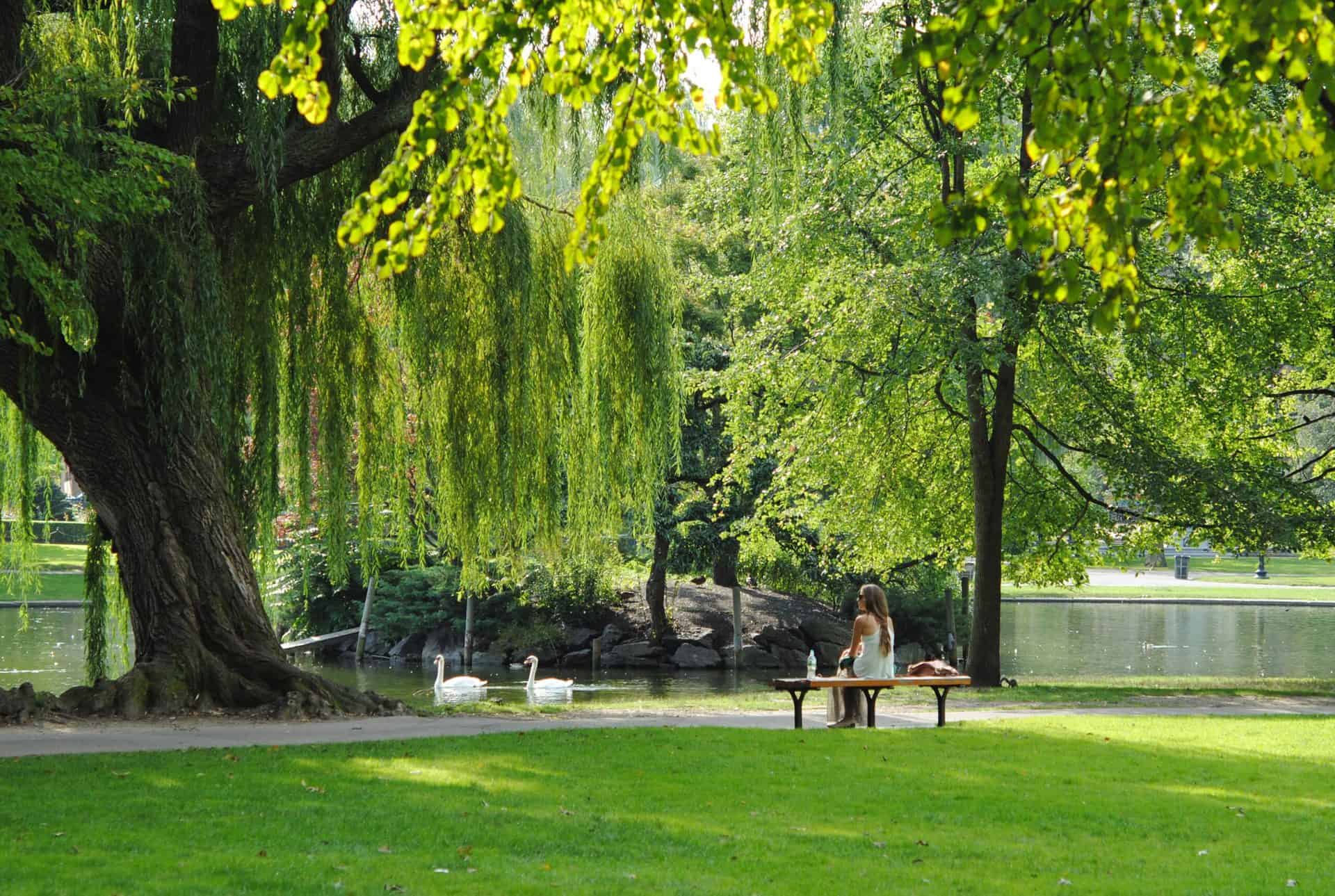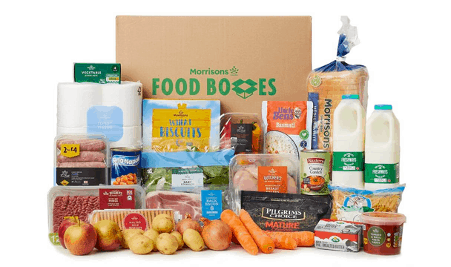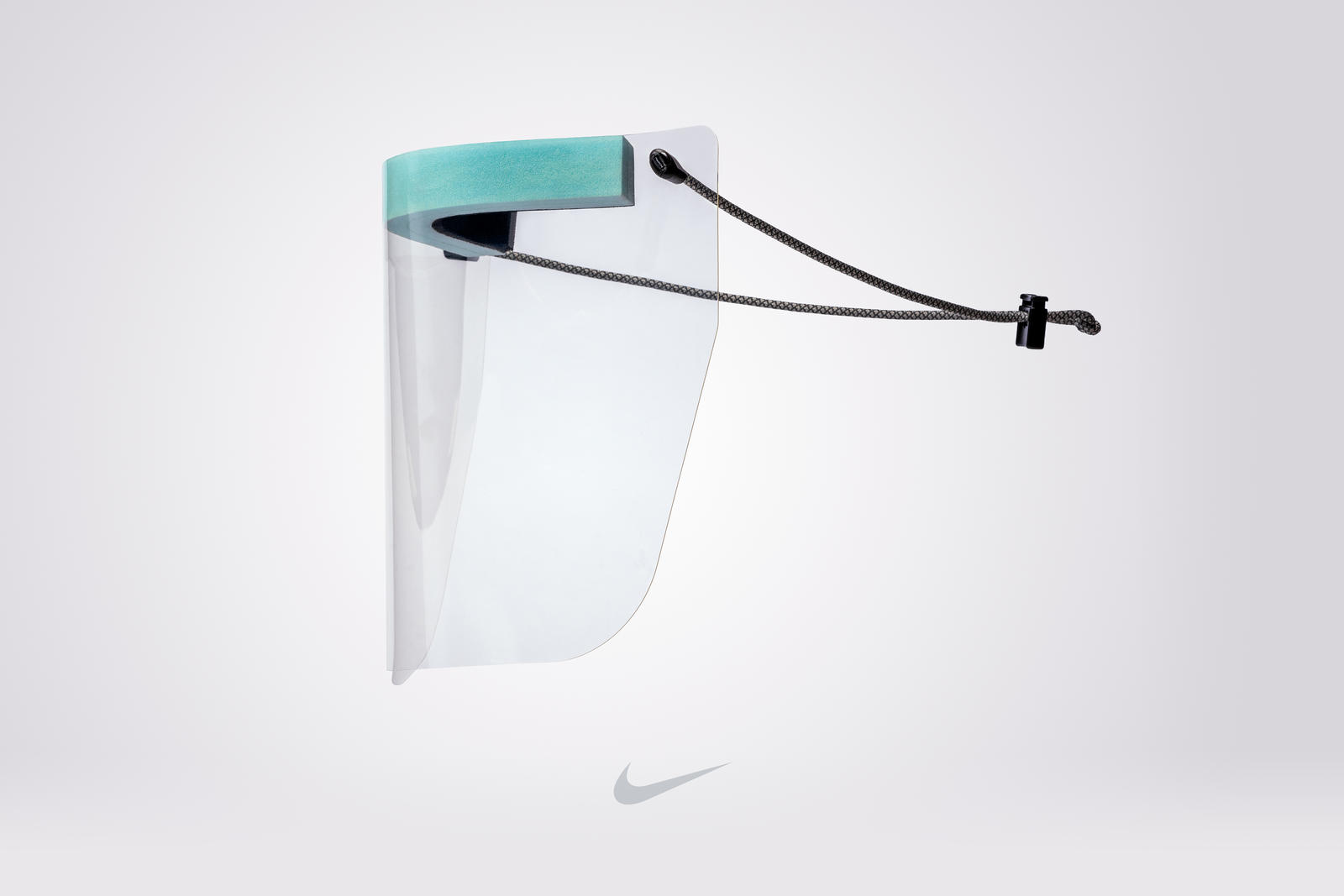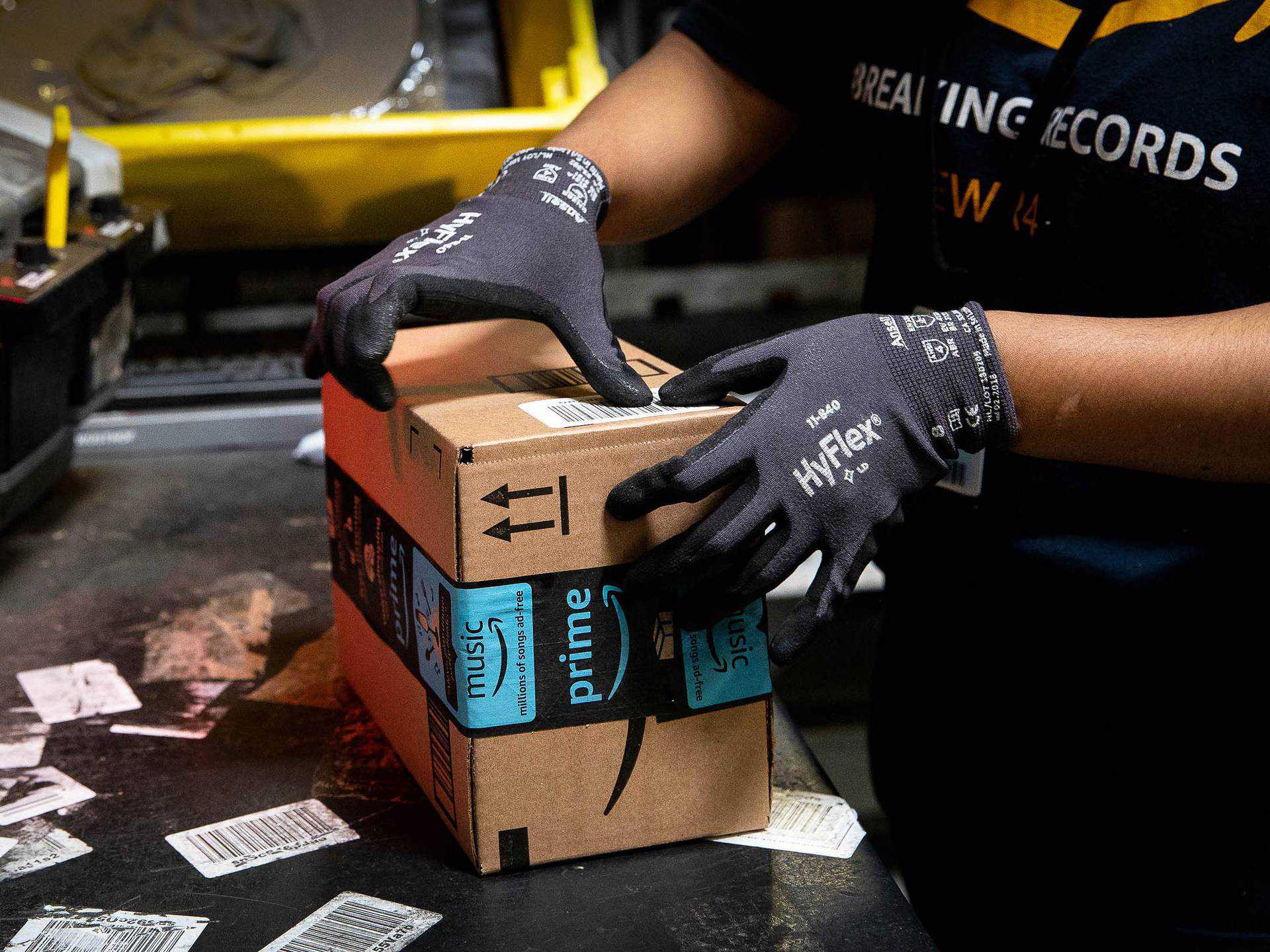Brand Strategies for a Post-COVID World
By Scott Mason, Head of Strategy, STORMBRANDS - 5-minute read
The world that emerges from the COVID-19 crisis will be different in many ways – emotionally, physically, virtually. What people want from brands will change. Many existing market trends have accelerated; others have stopped dead in their tracks. To succeed in this changing world, brands need to have a clear-eyed view of cultural shifts and a clear-headed plan for responding to them. They need a new brand strategy.
In recent weeks many brand teams have been redeployed to help with urgent operational issues. They have relied on their brand strategy agencies to help them think through these vast changes and to map out how they adapt to real-time challenges and emerging opportunities. As a brand strategy agency, we’ve been busy working with our clients on these issues. Here are five shifts we’ve noticed.
Rebalancing Lives
Through lockdown, there’s been a process of rediscovery, an opportunity to rebalance, and this has prompted a curious optimism for the future. People have rethought the ways they work and how it fits with their broader lives. As we return to our workplaces some aspects of life will go back to normal, but many will be irrevocably changed.
We’ve seen people engaging more with their local communities. We’ve discovered that the unique retail experience we’ve been searching for in the grand palaces of consumption, were there all along in our local independent shops. The escapist holiday experience we sought in far-flung destinations was here to be savoured in our free parks, forests and gardens.

Rebalancing lives
Rethinking Fundamentals
We’ve experienced widespread anxiety, fear and uncertainty. Lives and livelihoods have been destroyed by this terrible virus, and this has prompted a desire for a simpler way of life. While many brand strategies have focused on the aspirational needs at the top of Maslow’s hierarchy, more and more people are looking to products and experiences who get the fundamentals right.
Managing complexity has become a necessity for consumers and retailers and alike. Brands used to demonstrate value through endless SKUs and line extensions are discovering there’s little benefit to doing that when there’s no way of activating them in-store. Increasingly people are looking to the likes of supermarket Aldi whos reduced infantry model of around 1,400 SKUs in-store compared to 40,000, has made them a more compelling shopping proposition.
Think Morrisons. They’ve been accelerating commerce models throughout the crisis. They’ve built delivery partnerships with Amazon and Deliveroo, and expanded their offering of food boxes, from essentials right through to more premium ranges, ensuring their in-store focus remains on the fresh, high-quality products that make their outlets and specialist counters a destination.

Morrison's timely Food Box
Living Purpose
There has been much said about the benefits of brand purpose in recent years, but now is the time to turn words into reality. Brand Purpose has been a compass when faced with such unknowns. Brands who have invested in, nurtured and translated their purpose, have leveraged it both internally and externally during the crisis – connecting with customers and partners on a human level and galvanising displaced workforces. It has helped these brands; their values, expertise and creativity stand out in competitive markets, and for many, has set a future course for societal engagement, now vital in a track and trace era of corporate affairs.
It has also left brands without a clear organisational mindset exposed, not quite knowing how or when to act in unprecedented times; often resorting to short term piggy-back platforms that offer little in terms of authenticity, brand contribution or cultural value. This is a short-term branding strategy, and those who’ve done this during the height of the crisis will no doubt miss the positive momentum needed come out ahead.
Blended Experience
Physical spaces will be more constrained. Digital spaces will be more important. In both, people will look for an experience. Take my local grocery shop. It’s taken over the restaurant space next door where it’s now running an artisan bakery and serving takeaway coffees. It’s giving people a reason to step outside.
In the same way, if you were the sort of person who’d spend a couple of hours on a Saturday browsing Selfridges or Topshop, you’ll still want to do that, but might do it more through an online personal shopper.
We’re seeing some imaginative thinking by brands around online content partners. Zara’s models have exhibited product at home. Dyson has been educating children on how things work. Nintendo has partnered with The Met in NYC so you can now create your own art collection in the game Animal Crossing

Animal Crossing: art imitates life
Deconstructed Rituals
Finally, time has been disrupted. We’ve replaced the school run with home school, business travel with always-on Zoom calls, and the daily commute with more exercise, more sleep, or whatever it is that’s worked for us. Some change has been positive, some less so, but it’s all been change – our lives have become desynchronised, and this is having far-reaching effects.
Will people be less spontaneous and more planned with their shopping? Will we look for even more health and wellbeing products in our lives? These are all questions we will need to address when creating a brand and developing branding strategies.
Crucially, these are not short-term, crisis-driven changes. These are profound attitudinal shifts, and it is only by taking notice of them, understanding them, and adapting brand strategies accordingly that we can move mindsets, markets and culture for the better.
Sign up to our mailing list in the footer to receive more insights straight into your inbox, or follow us on Instagram or LinkedIn.






